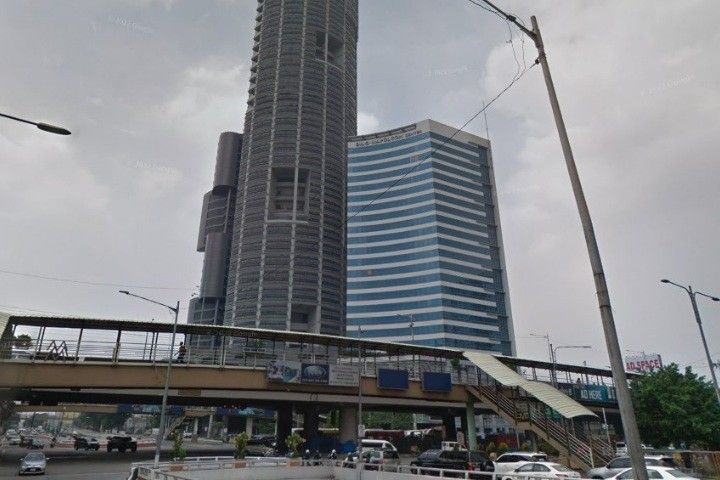Candidates warned vs using armed groups, private armies to intimidate voters

MANILA, Philippines — The Department of the Interior and Local Government warned candidates for national and local posts, especially those in election hotspots, against using armed groups and private armies to intimidate and harass voters and other candidates.
Following the Philippine National Police's identification of over 100 areas of concern for possible election-related violence, Año said that candidates must stop using force to influence the turnout and credibility of the upcoming elections.
"Stop using armed goons, stop using intimidation and force to influence the voters and other election candidates. We will not tolerate you no matter who you are. The Philippine National Police is committed to [enforcing] the law completely no matter who breaks the law, no fear and favor," Interior Secretary Eduardo Año said.
"I am warning candidates about using goons and private armies to stop spreading violence and deception just to persuade voters."
The interior chief said that armed goons and private armies have no place in the conduct of the 2022 National and Local Elections. He said that the PNP will be "on top of ensuring peace during the May 9 elections safeguarding the sanctity of the votes of the Filipinos."
"The police are now working hard to end this trend [use of armed groups and private armies] in collaboration with the Armed Forces of the Philippines to focus on areas of election concern," Año said.
Based on the data of the PNP, 125 local government units are now classified as areas of election concern or hotspots in the country and these were submitted to the Comelec. Of this number, 105 are towns while 15 are cities.
Comelec spokesperson James Jimenez last week said that the said 125 LGU election hotspots are due for validation of the Comelec regional offices.
The Comelec has not yet released the official list as of this writing. It has withheld the final list since end-March.
He said that in coming up with the official list endorsed by the commission, the Comelec was looking at a number of factors including the area's history of election-related violence and conflicts, the presence of private armed groups, and the presence of activities that point to a possible escalation in the area are being monitored and considered.
DILG warns against vote-buying
The DILG also warned election candidates against vote-buying and encouraged the public to submit complete sets of evidence that will point to the perpetrators of the illegal act.
"The authorities should also tighten their vigilance on any kind of vote-buying and most importantly when our concerned citizens send reports it will hopefully be complete," he said.
He explained that it is a common practice for complainants to send unverified and incomplete documentation, which, he said will not stand.
"We are always looking at facts and data in investigating the veracity of these reports. Sometimes the evidence they send is manipulated," he said, though he did not expound on this.
The DILG chief said that the Department supports Comelec's Task Force Kontra Bigay adding that he will ensure that the said task force will execute its mandate to control and stop vote-buying, especially in communities.
"We are with TFKB and we will make sure that its mandate is carried out. We will not pick and choose any of these candidates, we will go after them," he said.
Comelec Commissioner Aimee Torrefrance-Neri said that TFKB is a convergence of all the commissioners in Comelec, Integrated Bar of the Philippines, the National Bureau of Investigation, the DILG, the PNP, and other government agencies that will expedite investigations against vote-buying.
Interior Undersecretary Jonathan Malaya, department secretary, recently urged the reactivation of TFKB in all LGUs to counter vote-buying in localities calling it one of the biggest blows in Philippine democracy.
Malaya said that the TFKB was first activated during the 2019 elections but was only implemented at the provincial level. For the 2022 elections, the DILG is proposing its activation up to the municipal level.
"[The TFKB] already has bureaus up to the provincial level in 2019 [elections] so it only needs a reactivation," he said.
- Latest
- Trending






























